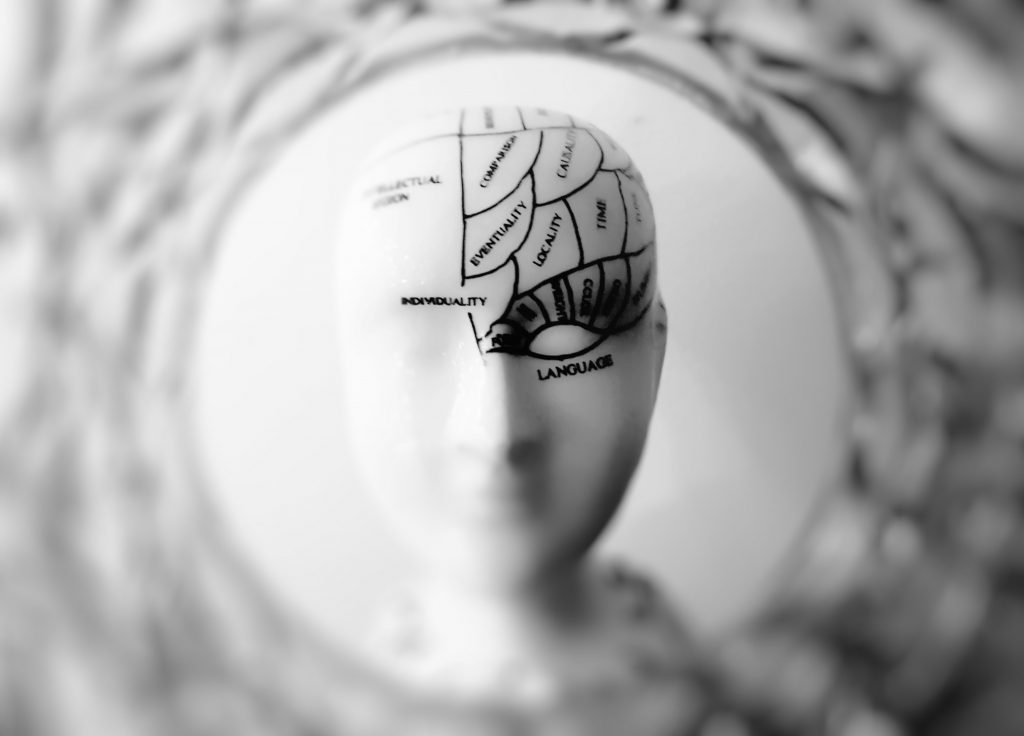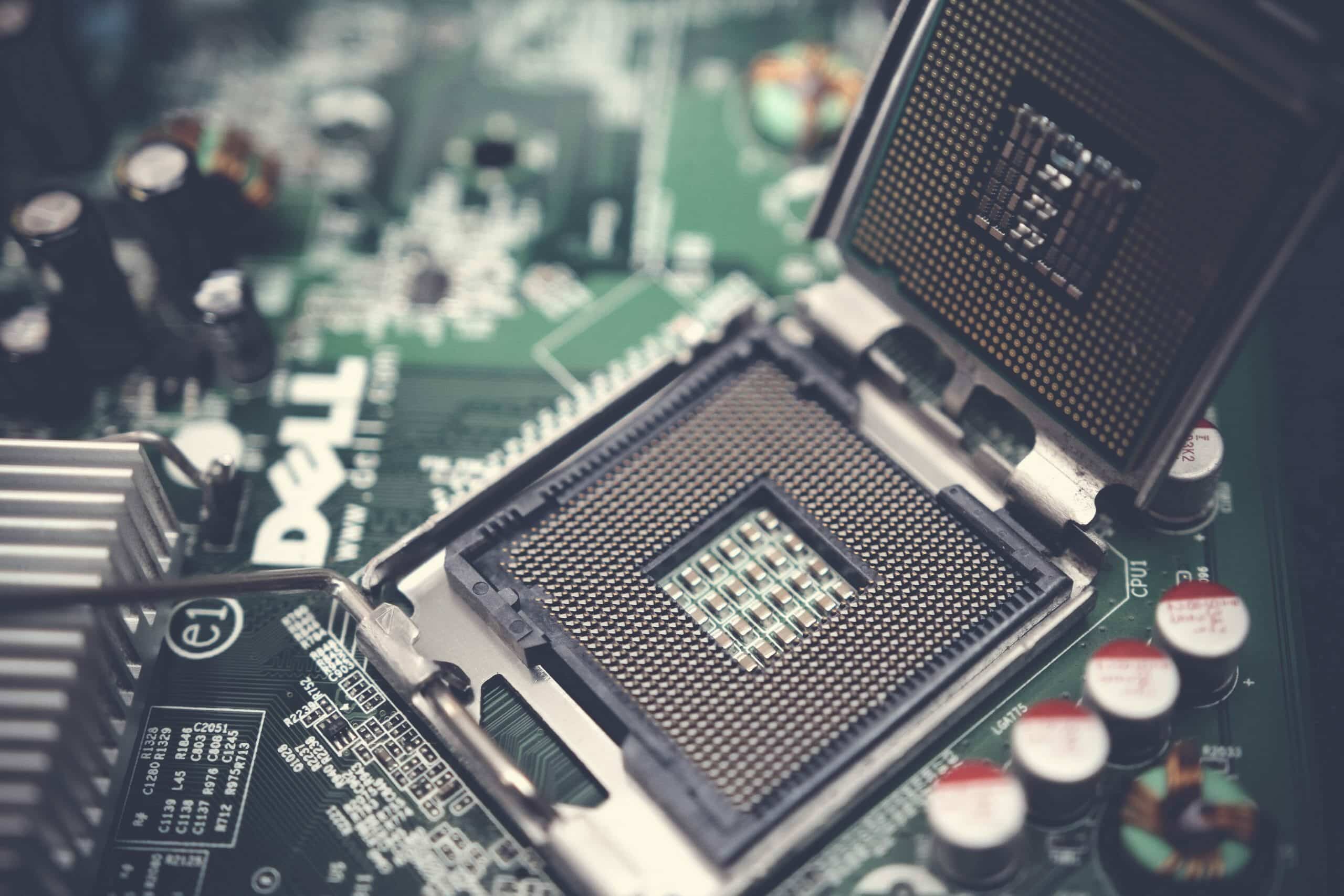The Strentrode Chip
This innovative new chip was developed by a start-up Californian company called Synchron. Basically, it allows patients with spinal injuries and neurodegenerative conditions to control a computer. But, get this, with their minds! It doesn’t even require surgery, that’s the most interesting part. In fact, it can be slotted in rather like a pacemaker.
And, like a pacemaker, supported studies were integral to building its trustworthiness. Synchron did in face conduct a study to support these rather bold claims, evidencing that their chip does enable patients to use a computer with their brains. So, how is it so easy? And what does this mean for the future of paralysis sufferers?

What Does It Do?
What the chip does is record neural signals and translate them. These neural signals are then turned into commands through a transmitter, which is strapped to their chest. All the patient is required to do is simply think of the physical movements they wish to carry out. Together with eye-tracking technology, the previously impossible or laborious everyday task is done.
How Does it Help People?
The first person to experience this new chip was Graham Felstead. At 76, he asked himself this very important question: ‘Do I want a quality of life or do I just want to sit and watch television all day?’ Revitalising lives which were previously non-existent, this chip seems to be doing more than simply revolutionising technology. It allows life to carry on when, physically, it isn’t naturally able to.
This is certainly the case for Phil O Keefe, an Australian suffering from ALS. Previously, it took him 4 hours to send just a simple email. Now, it only takes a few minutes.
How it Could Take Over the World
Indeed, this chip doesn’t come without its risks. With the threat of rupturing its host blood vessels, this chip really could destroy us one by one. With the allure of being able to live again on the horizon, once your body has promised you no such thing, the possibilities start to outweigh the negatives.
Evidently, technology helps us in a lot of ways. However, is the invention of this chip just catalysing the irrevocable move to techno-humanity? Is this a dystopian fantasy coming true? Who knows. All we do know, though, is we’re one step further to entering into it.














